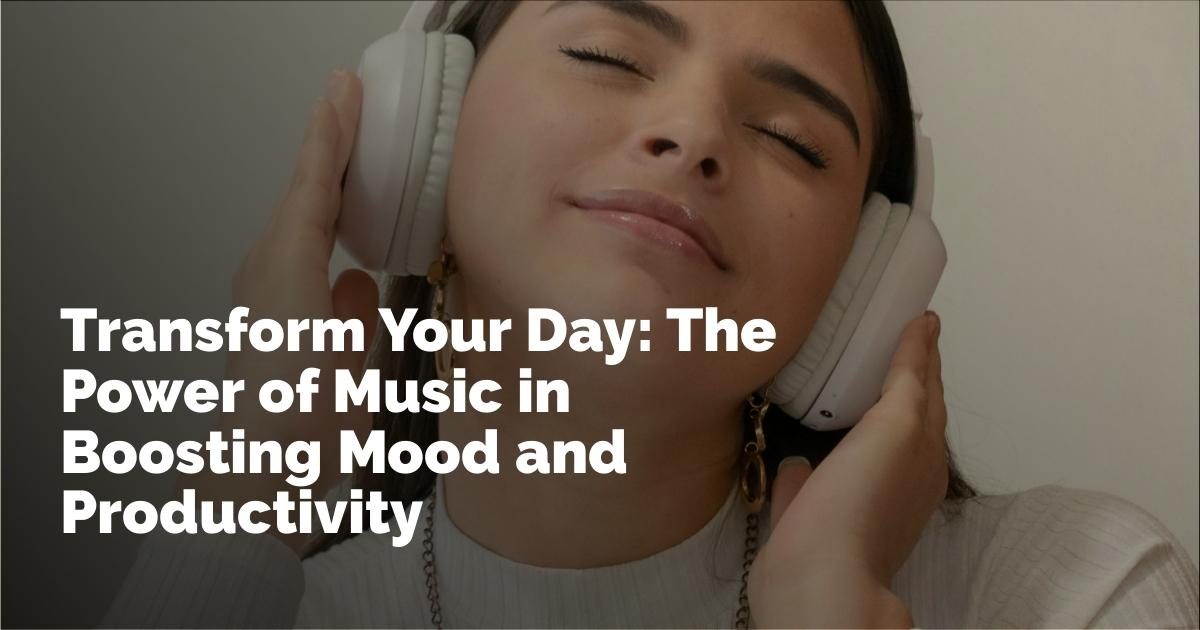Unlocking the Power of Music to Improve Your Daily Life
The pressures of modern life—be it economic, social, relational, or work-related—can often leave individuals feeling overwhelmed and tense. The effects of such stress are far-reaching, impacting both physical and mental health, and even one's appearance. In a world where toxic stress can hamper emotional regulation, the introduction of stress-relieving elements, such as music, offers a promising avenue for improving well-being.
The Therapeutic Role of Music in Daily Life
Music holds a special place in human culture, serving as both an art form and a tool for well-being. Its role in enhancing the human experience is evident in various settings and activities:
The Joy of Togetherness Through Music
A memorable example of music's power came during a social gathering at a friend's home. As karaoke commenced, the iconic tune "Sweet Caroline" filled the room, rallying everyone—regardless of age—into a chorus of enthusiastic voices. The infectious joy and camaraderie displayed highlighted music's innate ability to dissolve barriers of self-consciousness and fear, fostering an atmosphere of fun and unity.
Why Music Matters in Stressful Environments
Workplaces, whether virtual or in physical spaces, can often be hotbeds of stress. The inability to escape these stressful environments makes it essential to find tools like music that can help make the experience more manageable. Music has been scientifically proven to be therapeutic, offering diverse benefits across various high-pressure professions:
- Surgeons and Music: Globally, a significant percentage of surgeons choose to play music during surgical procedures, finding it aids in maintaining focus and reducing stress.
- Athletes and Music: For athletes, music serves as a pre-game ritual for mental preparation, providing motivation and concentration.
- Students, Parents, and Music: Students studying for rigorous exams such as the MCAT or LSAT benefit from classical music's calming and concentration-enhancing effects. Parents, on the other hand, use lullabies to soothe their infants to sleep.
Music as a Medium for Emotional Expression and Transformation
Across various scenarios, individuals use music to express and modify their emotions. The universal appeal of music makes it a powerful tool, offering relaxation and rejuvenation, especially when incorporated mindfully in the workplace. Beyond the potential for distraction in certain contexts, the advantages of music in easing mental tension and boosting performance and job satisfaction are undeniable.
Harnessing Music for Emotional and Cognitive Well-being
Music's ability to touch the soul and stimulate the mind presents tangible benefits for enhancing personal well-being:
-
Music as a Mood Enhancer: Certain songs have an undeniable ability to uplift spirits, leaving listeners in an emotionally safe place. Implementing music in daily routines—whether through personal devices or designated spaces at work—can significantly alleviate stress and contribute to a positive atmosphere.
-
Strengthening the Brain with Music: Engaging with music can bolster brain networks, embodying the "use it or lose it" philosophy. Research suggests that music, especially at a tempo of approximately 60 beats per minute, is effective in promoting alpha brainwaves, which are associated with relaxed yet aware mental states.
-
Music in Conflict Resolution: History has seen music play pivotal roles in fostering unity and peace. Timeless melodies like Bob Marley's "One Love" and John Lennon's "Imagine" have been internationally celebrated for promoting harmony. Music's unique ability to transcend cultural and geographical divides makes it a promising resource in peace-building and conflict resolution efforts.
Extending the Influence of Music Across Generations
Music's magic lies in its universal appeal, transcending age and linguistic barriers. It leaves a lasting impression, harmonizing the mind, and even assisting in the resolution of conflicts or the tackling of complex problems. Whether in settings like boardrooms, hospitals, or social gatherings, music remains an effective force for change and harmony.
Exploring the Research on Music and Well-being
Scholarship in the field of music therapy underscores its profound impact on mental health and cognitive function. Studies document music's role in enhancing productivity, job satisfaction, and overall well-being:
- Research on Music in Professional Settings: Studies reveal a positive relationship between music use in the workplace, employee satisfaction, and performance. The rhythmic nature of music helps in creating environments conducive to productivity and creativity.
- Understanding Music's Cognitive Benefits: Experts discuss how musical engagement promotes brain health, emphasizing its capacity to strengthen neural connections and prevent cognitive decline.
Final Reflections on Music's Unifying Power
Music isn't just an auditory experience; it's a unifying language and a source of healing. By integrating music into different facets of life, individuals can foster emotional balance, improve stress management, and embrace a sense of community. Whether through active engagement with instruments or passive listening, the journey with music is one of relaxation and enlightenment. By allowing music into our lives, we open the door to infinite possibilities for joy and connection, truly embodying the notion that music is a powerful universal language.
출처 : Original Source

